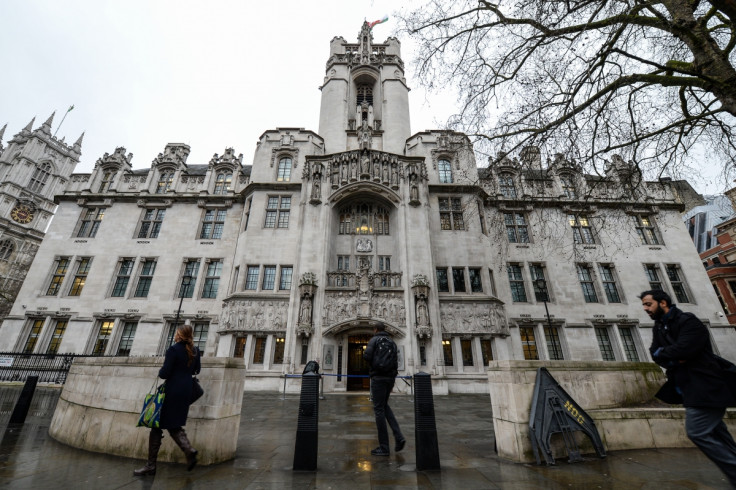Sex offenders released in England and Wales are ending up homeless
Released prisoners with no stable homes are twice as likely to repeat crimes
Close to 200 sex offenders who served time in prisons across England and Wales have been released within 2018 -2019 but have not been given any provisions on where to live. Of those released, 100 of them are classified as "high to very high risk"when it comes to posing danger to the public.
Research and studies of released prisoners have shown higher potential occurrences of repeated crimes on those who do not get a good night's rest or have no comfortable living spaces. Probation inspectors usually work in close contact with local councils to ensure these prisoners get the help they need upon release from the facility.
Under the Freedom of Information Act of the Ministry of Justice, the figures revealed a disconcerting level of homelessness of high risk inmates on licence between six months to 12 months.
In his inspection report, Probation Chief Inspector Justin Russell has heavily criticised the seeming lack of " cross-government" efforts to arrange housing for freed offenders highlighting several problems such as :
- Shortages in housing
- High rental rates
- Lack of assistance facilities and services
- Low priority on house registers
- Significant delays on benefits
- Obvious aversion of housing providers to people with criminal records
Mr. Russell asserts that prisoners have twice the tendency to return to jail if released without any provisions for a settled accommodation. In his reports, the number of prisoners released in 2018-2019 who ended up homeless totalled 11,435 with 22% of that figure representing prisoners who pose the highest risk to the public equivalent to 6,515 inmates.
As part of the Government's Rough Sleeping Strategy to keep offenders off the streets, it has deployed dedicated teams to locate housing for released prisoners in "approved premises" or also known as "probation hostels."
Sex offenders released on licence must report to their probation officers regularly on specific schedules and abide by strict conditions.

© Copyright IBTimes 2025. All rights reserved.




















